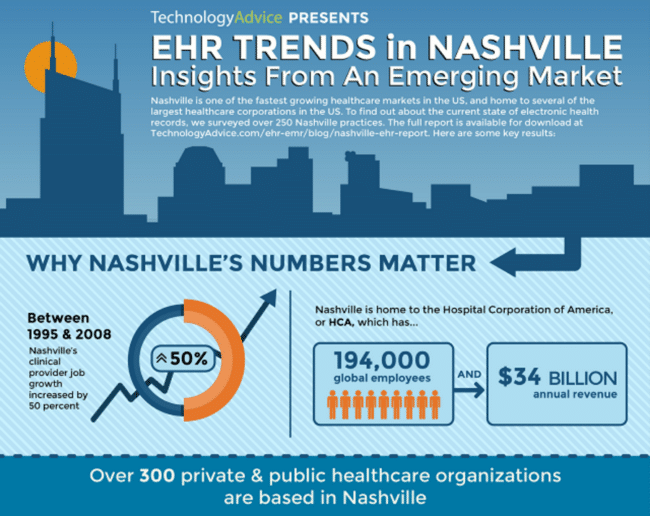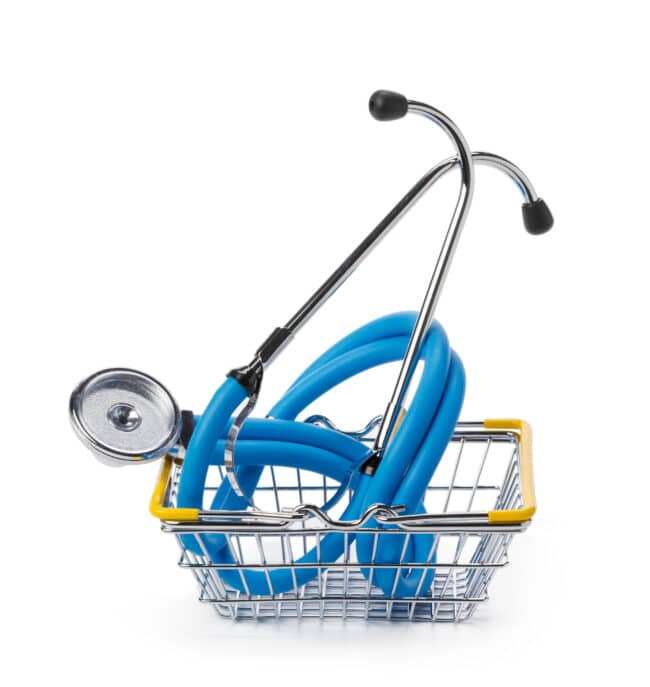We don’t need any more platitudes or pithy phrases to underscore the theme of 2020: it’s a confusing time. There’s a lot of noise bombarding the public, and for healthcare entities, reputations are on the line every day. Should we still be at home or is it safe enough to venture out regularly? Can we visit our elderly relatives or is it best to keep our distance? Should we get tested if we have a cough but no other symptoms? Many questions continue to circulate regarding the continued propagation of COVID-19, and Americans are getting confusing, and even contradictory answers from a variety of sources.
The CDC’s recent unexpected shift in policy is one example. The institute stated in late August that it was not necessary for asymptomatic individuals to get tested, even if they had been in contact with an individual who had contracted the virus. The announcement was met with a chorus of criticism from health leaders across the country, leading the propagation of general confusion among many Americans.
Then, the CDC ordered states to be ready to distribute a new vaccine by November 1, drawing concern from public health experts about a hurried and unsafe vaccine. The recent suspension of a leading vaccine contender’s study due to participant health complications underscores the unpredictable nature of vaccine development.
Continued confusion and contradiction lead to fear and mistrust. It’s no wonder that recent polling has revealed that Americans view the CDC as more untrustworthy than they did in March. Many also view the White House and national media as increasingly untrustworthy sources for COVID-19 information and guidelines.
This is the current healthcare landscape in our country, and it is marked by a trust vacuum. Now more than ever, Americans need a single source of reliable truth, and health systems have the opportunity to fill that void in the communities they serve.
Recent survey data from The Harris Poll found that Americans place the most trust in doctors and nurses to deliver accurate information regarding COVID-19. We believe that health systems can leverage this insight by putting their physicians and nurses front-and-center in their COVID-19 communications to communities. Doctors can spread accurate information regarding when to get tested, when to wear a mask, and what to do if individuals suspect they’ve been exposed to the virus. Physicians can also educate the public on how to effectively interface with your health system by utilizing immediate care locations and telehealth visits instead of taxing acute care facilities.
Keck Medicine of USC has seen success by having their physicians literally call patients letting them know their practices are open and safe. Vanderbilt Health has rolled out TV spots in which physicians emphasize that preventative health is now more important than ever. A recent UCLA Health marketing campaign is branded under the slogan, “Life may be on pause. Your health isn’t.” This messaging, delivered by physicians and nurses, is the key to recovering the volumes that were lost in March that haven’t yet returned.
Your community will remember the way your health system responded to this crisis long after it’s over, and this approach will help you establish your organization as an authority on truth and a trusted leader well into the future.
InfoWorks offers solutions with a deep healthcare industry expertise. Our consultants have worked with a variety of healthcare entities on projects including IT, business transformation, and communications strategy. We are ready to help your healthcare organization become a community leader by becoming a trusted source for COVID-19 information.




